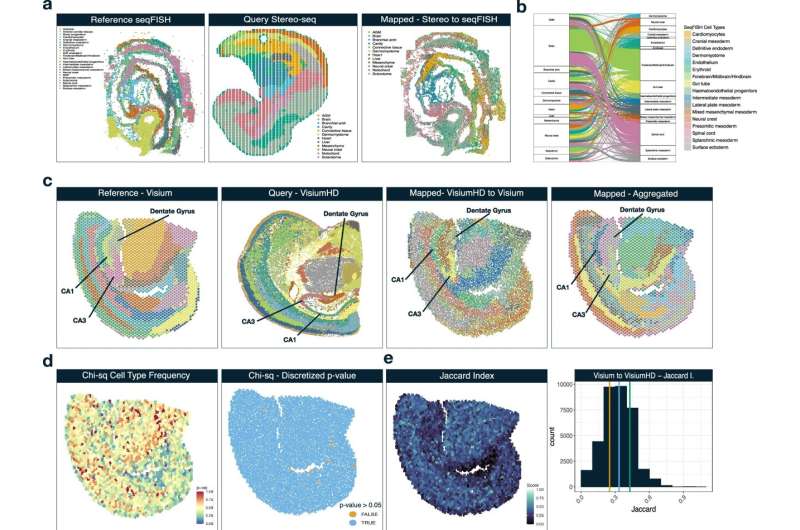Findings from a new study, published in Nature Communications, could help guide the identification of predictive biomarkers for multiple cancers and better inform the effectiveness of different treatment options based on individuals’ specific type of disease.
Rajan Gogna, Ph.D., member of the Developmental Therapeutics research program at Massey and assistant professor in the VCU School of Medicine’s Department of Human and Molecular Genetics, and a team of collaborators were driven by the goal of interpreting extensive amounts of data in a meaningful way.
While other computational cell-mapping tools have been used in cancer research for many years, Vesalius is the first to reveal which genes are active in each individual cell.

